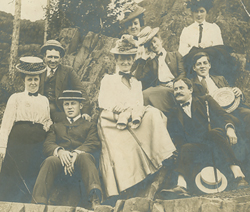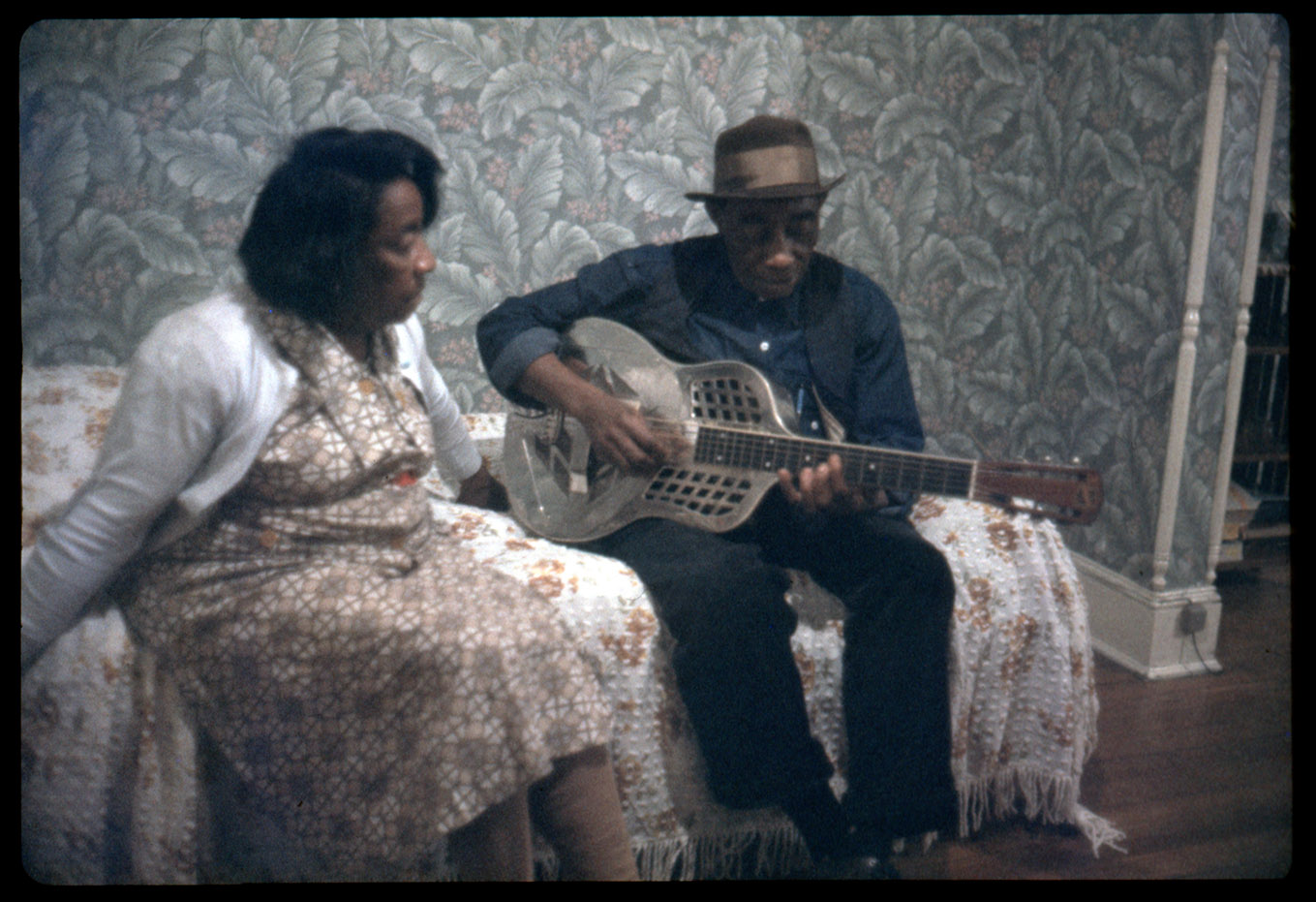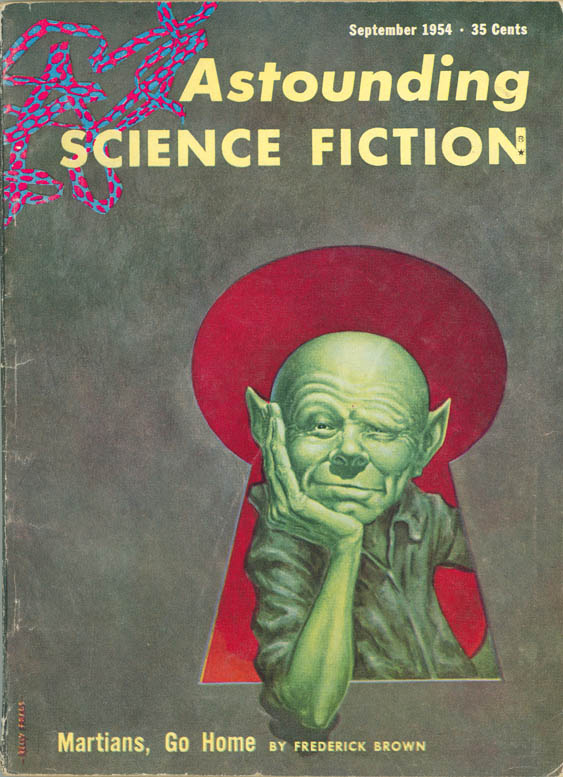Roland Sarti Papers
Born in Montefegatesi, Italy, in April 1937, Roland Sarti began his academic career as a teaching assistant and instructor at Rutgers University from 1960-1964. In the fall of 1967, he was appointed Assistant Professor of Italian History at the University of Massachusetts Amherst, becoming chair of the University Seminar on Studies in Modern Italy five years later. A scholar of the fascist movement in Italy, Sarti also wrote on topics ranging from rural life in the Apennines to the life of the revolutionary Giuseppe Mazzini. During his tenure at UMass, he served on the Personnel, Curriculum, and Graduate Studies Committees, and played a prominent role in the Faculty Senate and the International Programs Office, particularly with respect to the summer programs in Italy. A past president of the New England Historical Society and the Society for Italian Historical Studies, he was a board member for the European History Quarterly and the H-Italy Network. He retired from active teaching in 2002.
The Sarti Papers document Sarti’s distinguished career as professor, author, and chair of the History Department at the University of Massachusetts Amherst. They consist of professional correspondence, history department records, records of major crises at the University, Italian studies newsletters, student publications, and historical society records. A significant amount of the materials, particularly among the correspondence and periodicals, are in Italian.




